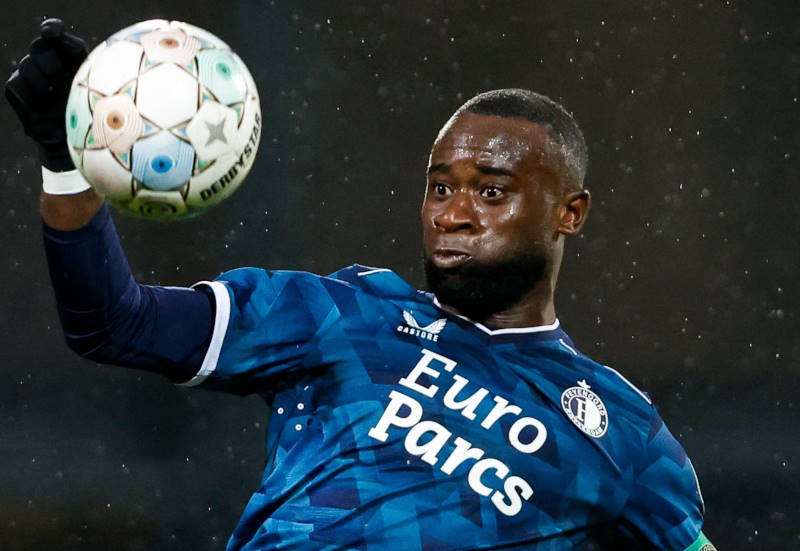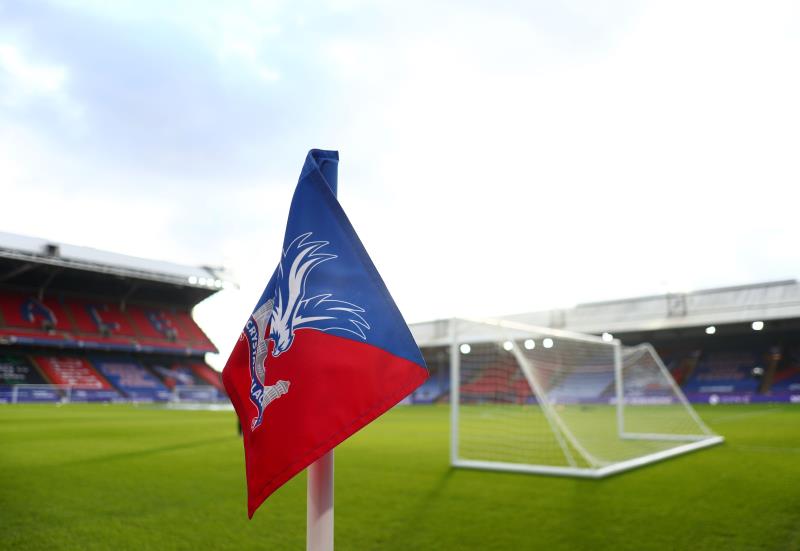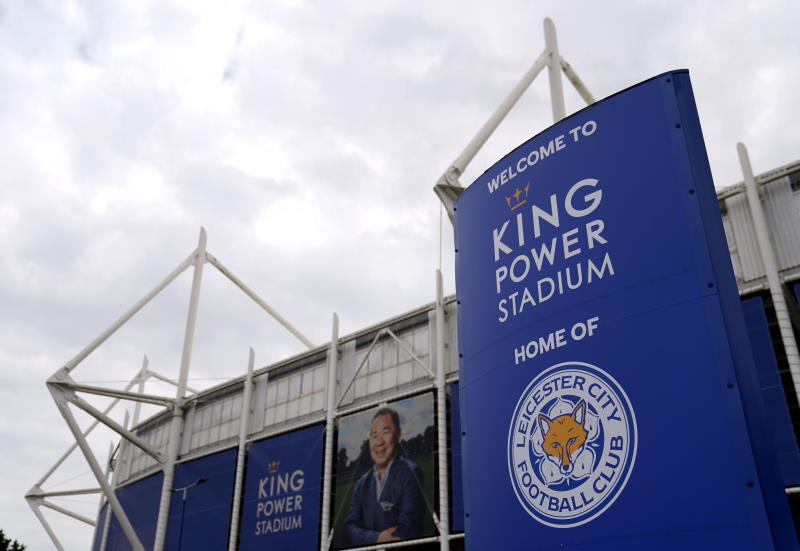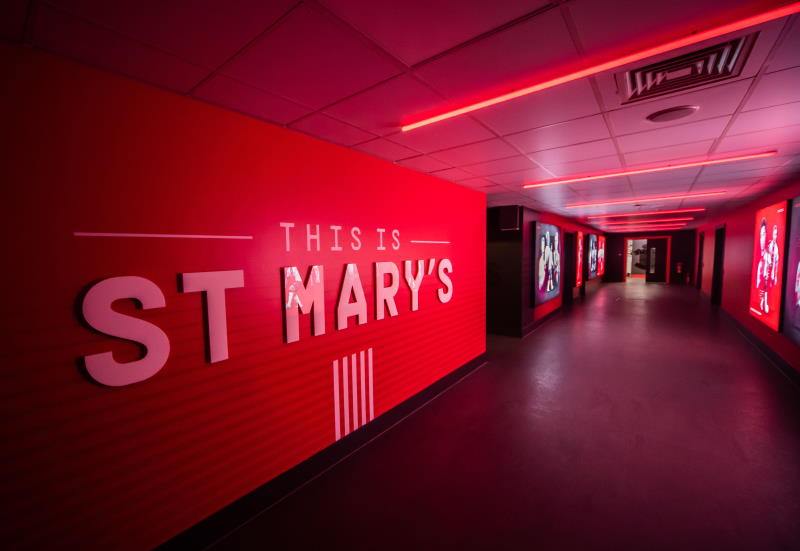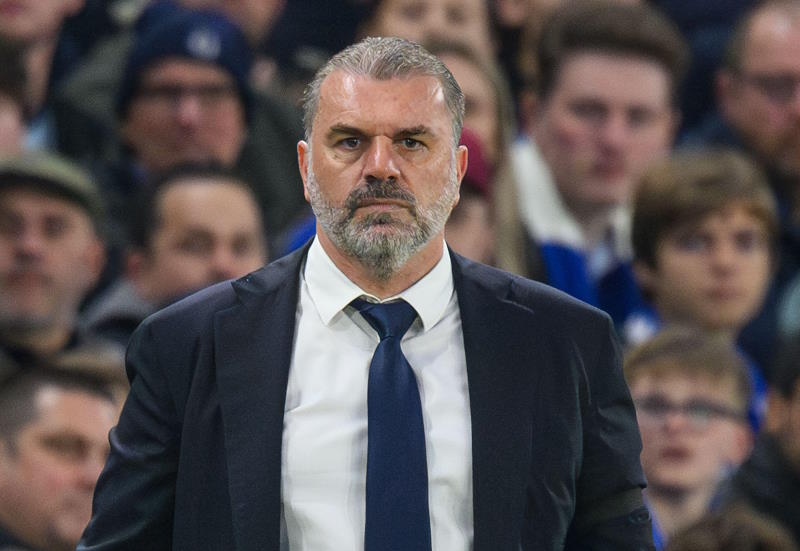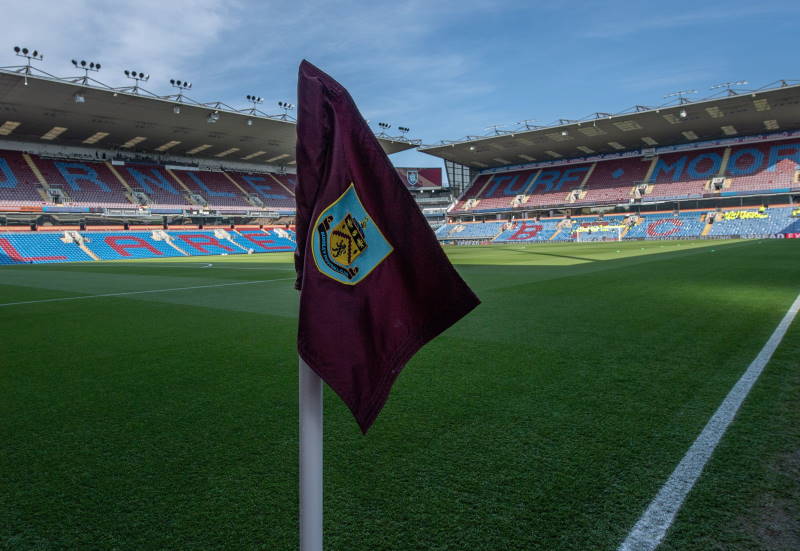
Matt Oldfield
‘Like father, like son’ is a phrase often used in the world of football, where nepotism seems to get you a long way. Would Manchester United, for example, ever have looked at Jordi Cruyff if he wasn’t related to three-time European Footballer of the Year Johan? For the answer, look at where he is now plying his trade; Malta. When Darren Ferguson emerged as a United youngster in 1990, only to move to Wolves four years later after winning a Premier League title, many saw it as a case of Sir Alex giving his son a helping hand and then leaving him to earn his own bread. However, after an uninspiring but solid playing career in Holland and Wales, Darren Ferguson has taken to management like a fish to water, threatening even to emulate his father’s success. Within three years, Ferguson Jr. has gone from lower league rookie at Peterborough to become one of Britain’s most promising managers at Championship side Preston North End.
Darren Ferguson is only 37 now but his interest in management was first raised nearly ten years ago. However, after several opportunities at Wrexham eventually came to nothing, it was only in January 2007 that Ferguson Jr took his first managerial role, leaving Wales to become player-manager of Barry Fry’s League Two side Peterborough United. The appointment was something of a shock to all concerned, but the former Manchester United player quickly demonstrated his considerable abilities. That year, Peterborough finished a respectable tenth but in his first full season, Ferguson led ‘The Posh’ to promotion, turning a playoff position at Christmas into automatic promotion in April.
Backed by the financial support of ambitious new chairman Darragh MacAnthony, Peterborough had the money but needed the leadership. The Scot spent wisely, ruthlessly culling and organising his squad, without looking to his father for Premier League favours. Many were impressed, but Ferguson Jr. was quick to insist, ‘This is just the start’. And so it proved, as the former Wolves player again won automatic promotion with a fantastic end to the season, to take Peterborough into the second tier of English football for only the second time in their history. After back-to-back promotions, management offers naturally poured in, but Peterborough United were desperate to keep their star manager and succeeded.
However, the jump of two leagues in two years proved difficult for Ferguson and his players. Peterborough struggled to find form, especially at home, and with the team bottom of the league in November 2009, Ferguson Jr. parted company with the club by mutual consent. It was not an ideal end for one of the most successful managers in the club’s history, but his record should speak for itself. In 145 games at Peterborough in three different divisions, Ferguson won 73, drew 32 and lost 40, a very impressive record considering the increasing challenges from year to year.
Then, after just two months out of the game, Ferguson Jr. was announced as the new manager of fellow Championship relegation battlers Preston North End. And things have started very well. After an FA Cup defeat to Chelsea, Ferguson’s first Championship fixture was, inevitably, Peterborough United away. A 1-0 victory for Preston – which ended a three-game losing streak – was the perfect way for Ferguson Jr. to remind the footballing world, and his old club in particular, of his management credentials. The Scot then went a step further by signing top Manchester United youngster Danny Welbeck on loan for the remainder of the season, supposedly beating Peterborough to his capture. Welbeck was a key figure on his debut, scoring the second in Preston’s 2-0 home victory over former Manchester United team-mate Roy Keane’s Ipswich. Ferguson’s new side now sit in mid-table but with the play-off positions still in sight.
So what kind of a manager is Darren Ferguson, other than ambitious and successful? The first thing to know is that the former Manchester United player perhaps unsurprisingly likes his team to play good football. On arriving at Deepdale, the Scot told the Preston faithful, ‘I want to entertain the fans. That’s my philosophy. I don’t want to be bored while watching my side. The fans work hard all week to earn money to come down here to be entertained.’ Attractive, attacking football is key to Ferguson’s tactics and choice of personnel. His former captain at Peterborough, Russell Martin, talks with admiration about how advanced and intense the Scot’s training sessions always were, even in League Two. Ball work was, and is, a key part of any Darren Ferguson routine.
In two other ways, Ferguson seems to have learnt a lot from his father. Man-management is a key part of the business and here the young Scot seems particularly impressive. The player-manager role is a very difficult role to get right on a personal level and yet Ferguson Jr. led his team-mates to successive promotions. He knows how to earn respect but also how to keep his players on side, creating that tricky balance between friend and boss. The former Sparta Rotterdam player is also something of a tactician and scout. Like Sir Alex, Ferguson Jr. watches the games and videos of opponents religiously before matches, rehearsing formations and finding key strengths. Above all, however, he is a serious, dedicated football manager with a great future ahead of him.
Preston feel they have bagged one of the game’s rising managers and few would argue with them. While Ferguson will need time to adjust to the club and make the team his own, with Danny Welbeck leading the line, and an instant impact from the new boss, the club could yet challenge for a playoff spot.
Related Articles:
- – Man Utd Must Not Lose Vidic in Trophy Hunt
- – Looking Back on Decade of Ballon d’Or Winners
- – Man Utd Big Time Beckoning for Special Smalling

